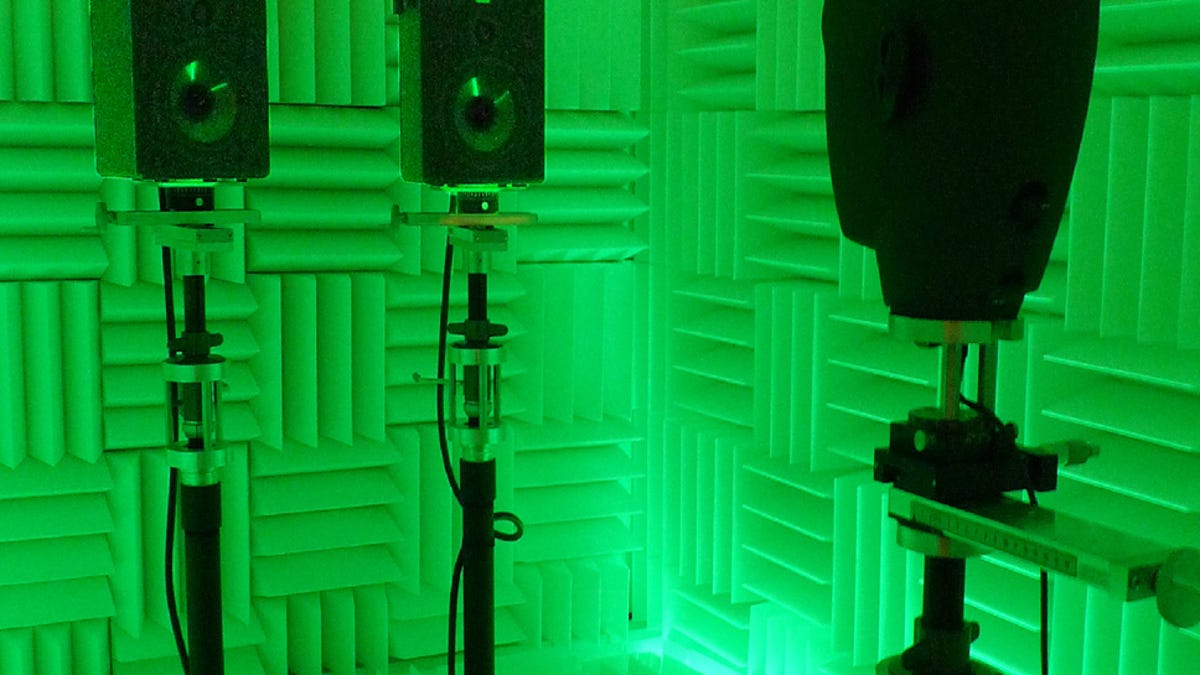When will we have perfect speakers?
Speakers make sound by moving air, but perfect sound reproduction may be a long way off in the future.

Dome tweeters, cone woofers, metal ribbons, planar magnetic and electrostatic panels all do the same thing: They vibrate air to make sound. Those technologies have all been around for decades, but the goal of making a perfect-sounding speaker has yet to materialize, so it's pretty easy to tell the difference between a real piano and the sound of a piano reproduced over speakers. Same for drums, acoustic guitars, basses, violins, flutes, horns and voices.
Electric instruments and synthesizers should be easier to reproduce in part because they don't make sound on their own; we always hear them over amplifiers and speakers. Even so, it's next to impossible to make your home hi-fi sound like a big Fender guitar amp.
Size is part of the problem; most people want the smallest possible speakers at home, so beyond the air-moving technology issues, the scale of the sound at home is smaller than the real thing. Your room's dimensions are also a lot smaller than concert halls and clubs, and your room's acoustics impose their own signature on the sound. So even if you had perfect speakers, they still wouldn't sound exactly like Radiohead in a studio or the New York Philharmonic at Lincoln Center. Your living room is too small to host the true sound of the band or orchestra.
The other thing that's standing in the way of perfect sound is very imperfect recordings. It doesn't make any difference whether it's a MP3, FLAC, LP, CD, Blu-ray, SACD, DVD-A, or high-resolution download, because just about every rock, folk, country, hip-hop, world music or jazz album you ever heard was equalized, dynamically compressed, processed, overdubbed, multitracked and close-miked. There's not a lot of reality in the recordings, so no matter what, they can never sound realistic. That said, they can all sound a lot better; listen to a great high-end audio system to hear how good they can sound right now.
So I don't think a more accurate vibrating-membrane technology will elevate the sound to the point where recorded music sounds like the real thing. Better drivers will sound better than what we have now, but the day when the perfect speaker arrives, they will still have to figure out how to completely eliminate the listening room's reflections and acoustic problems. The third and final step will require perfect-sounding recordings, and only then will the music coming out of speakers sound exactly like the real thing. The way things are going, I think we'll have video that looks exactly like real life long before we have perfect sound reproduction at home.
What do you think? When will recorded music sound exactly like real instruments and human voices?

